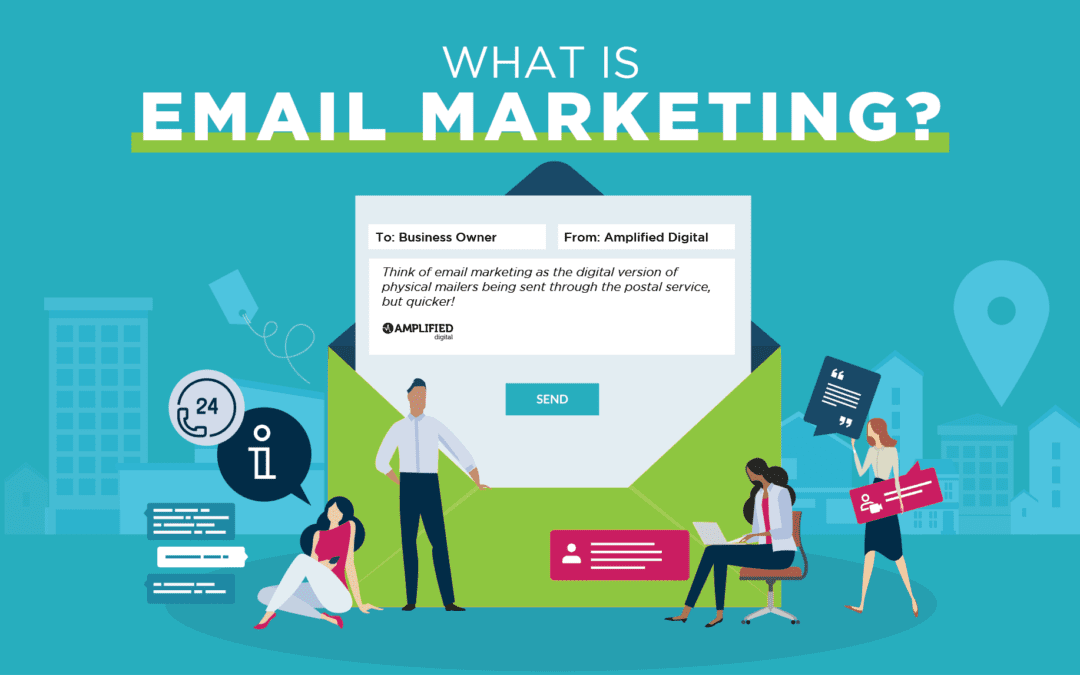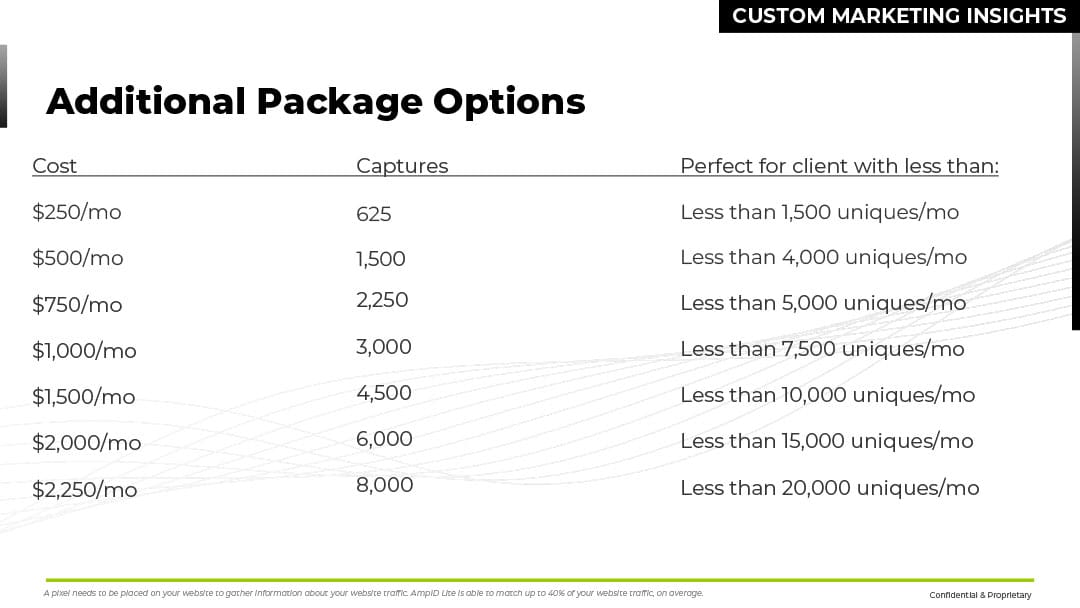Email marketing is a form of digital marketing that uses email to promote a business’s products or services. Think of it as the digital version of physical mailers being sent through the postal service, but quicker.
However, email campaigns can give a business more opportunity to build relationships than direct mailers. From emailing customers on their birthdays to following up after a sale, email can be a two-way conversational form of marketing.
How Email Got Its Start
2021 marks the 50th anniversary of the first email message ever sent. In 1971, Ray Tomlinson sent the first computer to computer message using the @ symbol to identify an address.
A few years later in 1978, the first email marketing blast was sent by Gary Thuerk on behalf of Digital Equipment Corp. Promoting computers, the email blast was sent to 400 email addresses and resulted in $13 million in sales!
Like many new fads, experts did not think email would catch on. In the beginning it was mostly used by government and university employees. Email was not widely used by the general public until 1996 when Hotmail launched the first free web-based email service. How wrong those experts were. Today, almost 80% of the US population uses an email service at least monthly.
Emailing Potential Customers
Email marketing has come a long way since its humble beginning. Once often labeled as “spam,” it can now be much more personalized and targeted, making it an excellent tactic for reaching both potential and existing customers.
An audience-targeted email marketing campaign allows businesses to reach potential customers who are most likely to be interested in their offerings. These direct-to-inbox emails can target users based on data like their purchase behavior, hobbies, lifestyle interests, gender, age, and income.
In an age when consumer digital privacy is of the utmost importance, it is vital that the email address data being used is permission-based and the campaign is CANSPAM compliant like all of Amplified Digital’s email marketing campaigns.
This type of email marketing is ideal for improving brand, product, or event awareness. It extends the reach of a business’s brand message to a wider audience with the goal of generating meaningful leads.
Emailing Existing Customers
Emailing existing customers from a well-built email list is a great avenue for retention as it helps build a relationship with an existing foundation. This type of email marketing can be highly personalized based on information gained about the customer throughout their buying journey. Here are a few ideas for connecting with email list subscribers:
- Welcome Emails – These emails are like giving a new subscriber a virtual hand shake and a smile. When someone shares their email information they are confirming their initial or continued interest. This is a pivotal moment for a business to set expectations and start a new brand relationship off on the right foot.
- Scheduled Newsletters – This type of email keeps subscribers in the loop about the latest things happening with a business. These can contain information like brand updates, industry insights, product news, or even highlighting recent customer reviews.
- Education – Businesses can establish trust with their customer base by demonstrating that they are the go-to-source for industry knowledge and helpful tips.
- Special Occasions – Connecting with customers on their birthday, anniversary, or a holiday is one way to bring a personal touch to this communication channel.
- Exclusive Offers and Discounts – Existing customers can be enticed to become loyal, repeat customers with deals offered to them based on their history with a business.
- Lead Nurturing – By engaging in an ongoing automation sequence, businesses can nurture leads by providing valuable information at every stage of the customer’s journey.
No matter the message, it is always important for businesses to add value to the customer experience while staying consistent with their brand.
Email marketing has evolved significantly in the past few decades. What worked back in 1978 won’t work today. For help managing your email marketing get in touch with our team today!



